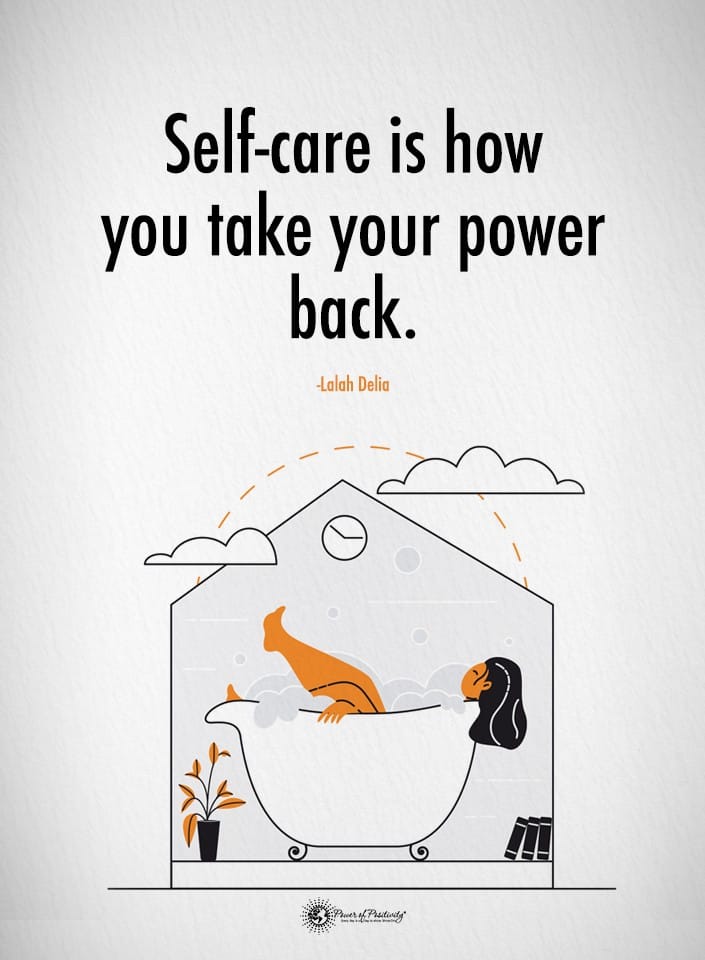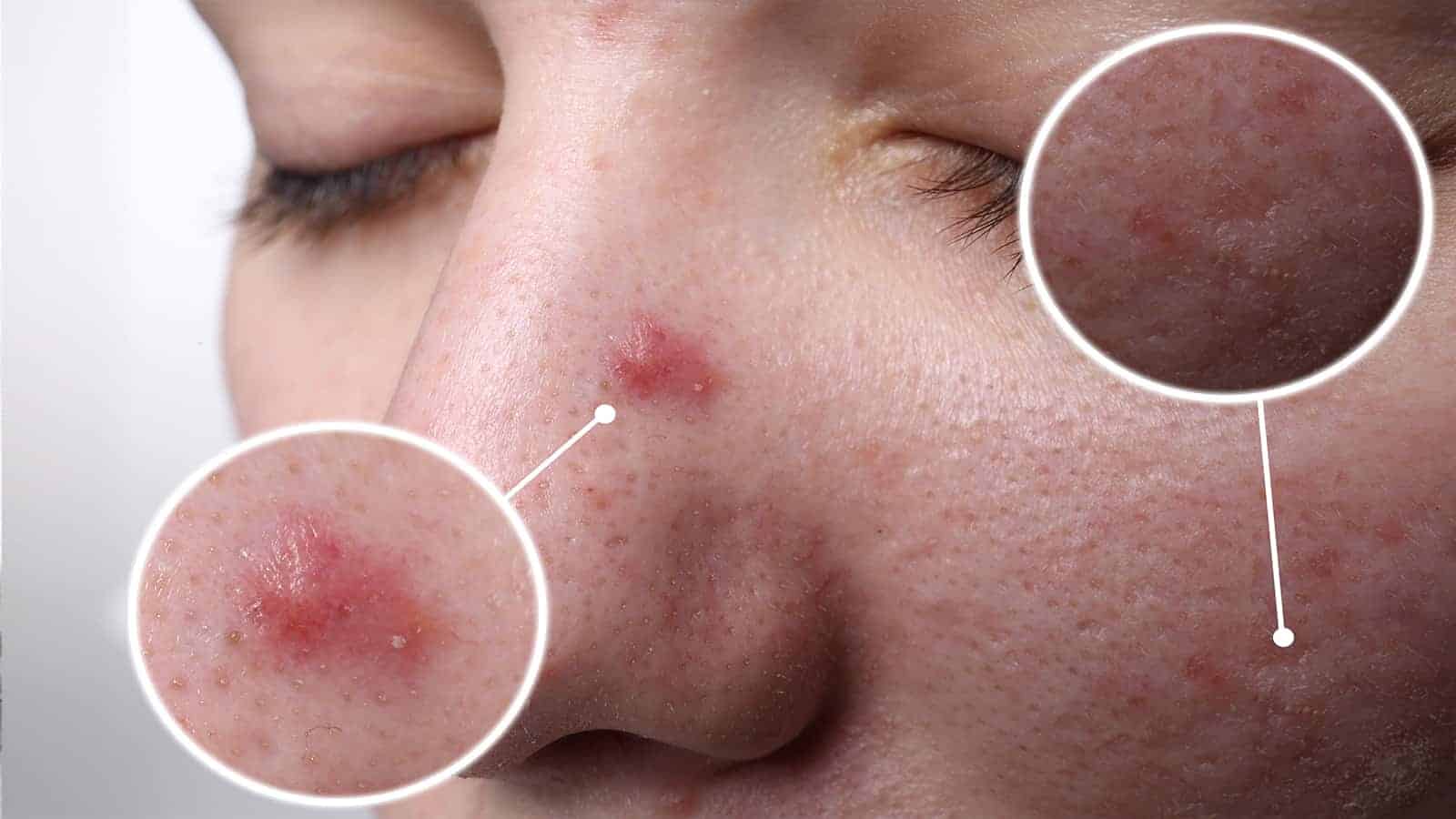No one wants to have blemishes on their skin, but it sometimes seems beyond your control.
There are things you can do to prevent them, though, and you can diminish the appearance of ones you already have. Blemishes are not all the same, so it is essential to learn more about what you have going on.
A blemish is any spot, mark, or flaw on your skin. There are many types of skin flaws, from acne to papules and age spots. Each kind is caused by something different, although some of them share similar causes or triggers.
Some blemishes are caused by viruses, infections, medications, or genetics. Other things that might cause skin flaws include sun exposure, age, clogged pores, and the things you eat or drink. The key is to determine which type of blemish you are working with and then find ways to prevent them.
Different Types of Blemishes
No matter what kind of breakouts you are prone to, there are things you can do. The tips discussed below are practical ways to prevent blemishes. Plus, most of the tips will help reduce any imperfections you currently have.

Acne
Acne is one of the most common skin flaws, and many people struggle with it. Pimples, blackheads, and whiteheads are all considered acne, and they may all appear at once. Acne occurs when oil, bacteria, or dirt clogs hair follicles.
Sometimes, acne is caused by hormonal changes such as pregnancy or medication changes. Acne is worsened if you are stressed, too, because it increases oil production.
Papules
While papules are a type of blemish, the size and colors vary from case to case. Sometimes, pimples are considered papules, along with chickenpox, eczema, psoriasis, shingles, and dermatitis.
Nodules
Nodules are bigger and harder than papules, and they are made up of a collection of tissue. The colors vary, and they can appear anywhere on your body. Two examples of nodules are skin tags and warts.
Age Spots
Age spots are small, dark spots that appear on skin that has been exposed to the sun regularly. While they don’t cause papules or nodules, they do cause discoloration of the skin.
Most often, age spots occur in those over the age of 50, but they can appear in younger people, too. The more often you are in the sun without sunscreen, the earlier you could develop these spots.
Ingrown Hairs
Believe it or not, ingrown hair can be the cause of skin flaws. These hairs can occur due to tweezing, waxing, and shaving. Ingrown hairs cause large, fluid-filled cysts that can vary in color and are painful.
Cysts
Cysts appear beneath the skin and vary in size. They are filled with fluid and are normally harmless, although uncomfortable, painful, and unsightly if they are large enough. Different kinds of cysts include epidermoid, ganglion, and sebaceous cysts.
Scars
Scars of any kind are considered blemishes, and they are preventable. They appear when the dermis layer of skin is damaged, which can happen by popping pimples or picking at breakouts. The dermis layer is where your blood vessels, sweat glands, hair follicles, and nerve endings are.
Skin Discoloration
Any instance of skin discoloration is a blemish. It could cause an uneven skin tone or dark patches on your skin. Discoloration generally happens when your body produces too much melanin. Some instances that cause an overproduction of melanin include:
- excess sun exposure
- not using sunscreen when in the sun
- acne scars
- hormonal changes
Skincare Tips That Help to Prevent Blemishes
Here are some practical things that you can try at home.
1. Try Over-the-Counter Acne Medications
If you are prone to acne, many over-the-counter products can help prevent and reduce breakouts. These products can help with whiteheads, blackheads, and pimples. Different products work for different people, so you may have to try a few before you find a favorite.
Many all-natural products are available in stores and online. There are many options to choose from, meaning that there is something for everyone.
2. Find Positive Ways to Cope with Stress
When you are stressed, your body overproduces oil-enhancing hormones. An overproduction of oil can make skin flaws worse and can cause more breakouts. Find something that helps decrease your stress levels, and you will quickly find that your skin improves.
3. Use Moisturizer
It is essential to keep your skin hydrated if you want to prevent skin flaws. Moisturizers are great for this, but make sure you choose one that doesn’t contain oil or fragrance. Use a moisturizer every time you wash your face, and you can also use it whenever your skin feels dry.
4. Try Witch Hazel
This natural remedy reduces inflammation and can help reduce and prevent acne. You can buy Witch Hazel in many stores, and some face washes contain the ingredient.
5. Drink Plenty of Water
Dehydration can cause your body to overproduce oil which leads to breakouts. Being dehydrated can also cause skin inflammation and redness. To prevent this problem, drink enough water to stay hydrated.
You should drink at least 64 ounces of water each day, but more might be necessary. If you exercise or do anything strenuous, you will need to drink even more than that.
6. Protect Your Skin from the Sun
The sun can cause serious skin problems and many types of skin flaws. It is essential to use sunscreen anytime you go outside, especially if you know you will be in the sun. Wearing a hat and sunglasses will help, too.
Remember that the sun dries your skin out, and dry skin is a cause of skin flaws, too. Look for an oil-free sunscreen so that your pores don’t get filled with excess oil. Many facial moisturizers contain SPF, but not enough for prolonged exposure to the sun.

7. Give Your Skin a Break from Makeup
Makeup clogs your pores and can cause breakouts. When you can, don’t wear makeup at all. Putting makeup overtop of blemishes you already have can make them worse, too.
If you must wear makeup, pay attention to the ingredients in your favorite brands. Avoid any that are oily or greasy, and try not to use a heavy foundation.
8. Address Your Diet
Surprisingly, the things you consume play a role in your skin health. Pay attention to when breakouts occur and think about what you were eating in the days leading up to it.
Some foods trigger skin flaws more than others, and it varies for each person. Commonly, junk food triggers breakouts, but for some, dairy is an issue, too. Make sure you consume plenty of Vitamins C and E because it helps with healthy skin.
9. Keep Your Hands off of Your Face
Your hands are covered in bacteria, oil, and germs, even if you wash them often. When you touch your face, all of that nasty stuff is transferred to your skin and into your pores.
Of course, you will have to touch your face sometimes but limit it as much as you can. Make sure to wash your hands often, too, to reduce the amount of buildup.
10. Practice Good Hygiene
To reduce and prevent excess oil that causes breakouts, you must practice good hygiene. Washing your face, body, and hair regularly will help more than anything else. Don’t wash too often, though, because overdoing it can make skin flaws worse.
Try to wash your face twice a day, and make sure to follow these steps:
- use warm water to get your face wet
- apply your cleanser in a gentle motion with your fingertips
- rinse the cleanser off completely
- pat your skin dry
11. Don’t Pop Your Pimples
It might be tempting to pick at blemishes or pop pimples, but you must resist the temptation. You don’t want to cause bleeding or scar your face. Plus, picking and popping skin flaws can even cause infection, inflammation, and more clogged pores.
12. Use Tea Tree Oil
Applying a couple of drops of tea tree oil to skin flaws can reduce their appearance. Plus, it can entice faster healing while preventing new imperfections from appearing. You can even put some tea tree oil in your daily facial cleanser.
Final Thoughts on Practical Skincare Tips That Help to Prevent Blemishes
Skincare can be hard to keep up with, but with consistency and determination, you will get there. Before you know it, the things you have learned here will become a habit for you. When you reach that point, it’ll no longer seem like a daunting task to take care of your skin.
If you are prone to blemishes, find which skincare tips work best for you. The tips mentioned here will help clear up your current imperfections, and they will help prevent more from appearing. Remember not to overdo the skincare, though, or it could make the problem worse.
Once your blemishes are cleared up, and you no longer worry about more appearing, you will feel better. The confidence you will experience is well worth the work put into preventing skin flaws.



















